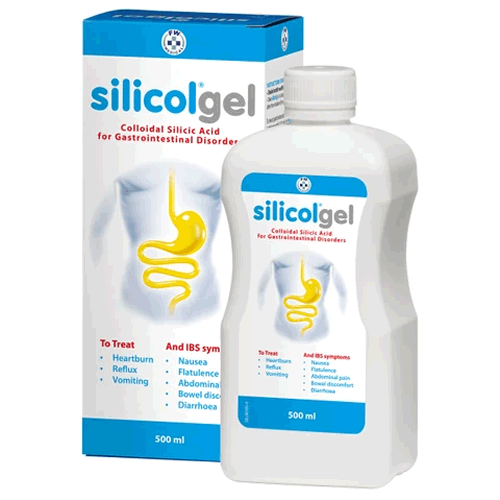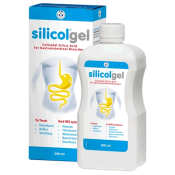An introduction to IBS and joint pain
Joint pain is fairly common complaint, especially as we get older. For each individual, the underlying cause of joint pain can vary tremendously and may be linked to a number of factors, bodily processes or health conditions. Although not commonly seen, Irritable Bowel Syndrome (IBS) may be a cause of joint pain.
Pain in just one joint is more likely to be the result of injury such as a sprain or strain. Pain in multiple joints usually suggests an underlying health problem. Common causes of joint pain include osteoarthritis, rheumatoid arthritis and gout.
Why does IBS cause joint pain?
The connection between IBS and joint pain is far from clear. There are, however, a few theories as to why your IBS may give rise to joint pain.
Early research suggests that pain sensitivity and perception may be heightened in people suffering from IBS, more specifically people experiencing constipation dominant IBS compared to diarrhoea dominant IBS.
A second theory, again possibly more relevant to constipation dominant IBS, is the effect it has on the immune system. If faeces remain in the colon for long periods of time, as well as excess water being reabsorbed into the body, toxins which are in the process of being excreted may also be reabsorbed.
This could result in the immune system over-reacting as it would do in the face of an unwelcome pathogen. As the body tries to fight the source of invasion, repair processes at other points of the body are ‘turned off’ – and one such area might be the joints. An activated immune system will also release inflammatory mediators called cytokines which circulate the body and may cause aches and pains. This entire process may eventually result in a more serious autoimmune disease becoming apparent, such as rheumatoid arthritis.
Please note that joint pain is generally not a common symptom of IBS but it is linked to Inflammatory Bowel Disease (IBD), a more serious condition. Please see our page IBS or IBD? to gain a better understanding of the difference between the two conditions.
Jarrett, M.E. et al. (2016) Relationships of abdominal pain, reports to visceral and temperature pain sensitivity, conditioned pain modulation and heart rate variability in irritable bowel syndrome. Neurogastroenterol Motil doi: 10.1111/nmo.12812.
What can I try at home for joint pain?
Some simple steps can be taken at home to try and manage joint pain as much as possible:
- Eat well: There are certain foods that are likely to increase inflammation in the body, which may have a negative impact on joints. These include refined sugar, saturated animal fats and processed foods. On the flipside, oily fish and fresh fruit and vegetables are thought to have the opposite effect. Read our blog Food for thought for joint pain to find out more
- Exercise: Non-weight bearing exercise is a good way to keep joints moving. During exercise, blood is directed to muscles and joints where essential vitamins and minerals can be dropped off to be used in repair. Removal of waste material is improved, helping to decrease inflammation and promote any healing which is required
- Stay hydrated: By drinking enough water, all the components of your joints will remain soft and flexible, reducing any risk of pain.
How can natural remedies help me?
There are a few remedies which may help joint pain associated with IBS:
- Atrogel Arnica Gel: For mild or moderate pain affecting one or two joints, try Arnica. This herb is well-known for its effects on bruised tissue, but when freshly harvested plants are used such as with Atrogel Arnica Gel, it also has a pain relieving effect.
- Devils claw: If more generalise joint pain is experienced, use Devils claw. This comes from the tubers of a plant indigenous to Southern Africa and has a long history of use for generalised muscle and joint pains
- Silicol gel: To soothe the digestive tract and facilitate the removal of any toxins from the body, the substance silicic acid, as found in Silicol gel can be a useful supplement to consider.
How can my doctor help?
If the cause of your joint pain is not clear, seek help from your doctor to get a diagnosis. This will give you the best chance of using the right medication or approach for your problem. If natural remedies and lifestyle changes do not help your joint pain associated with IBS, your doctors may suggest prescribed anti-inflammatory drugs. If so, please always read the product information leaflet and be aware of any possible side effects.









